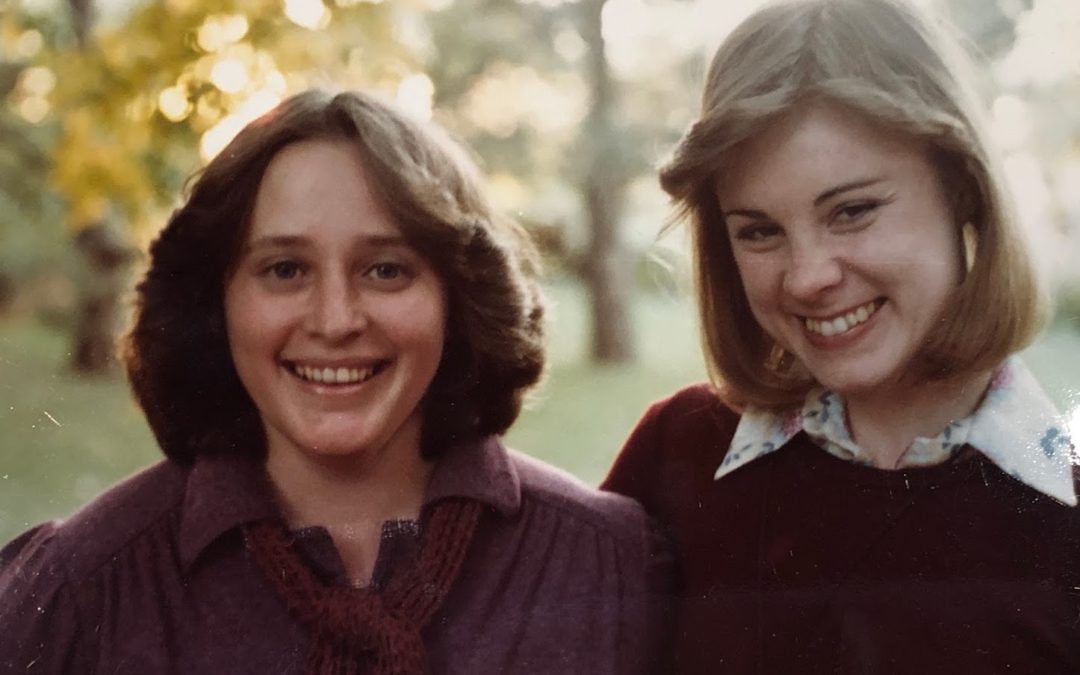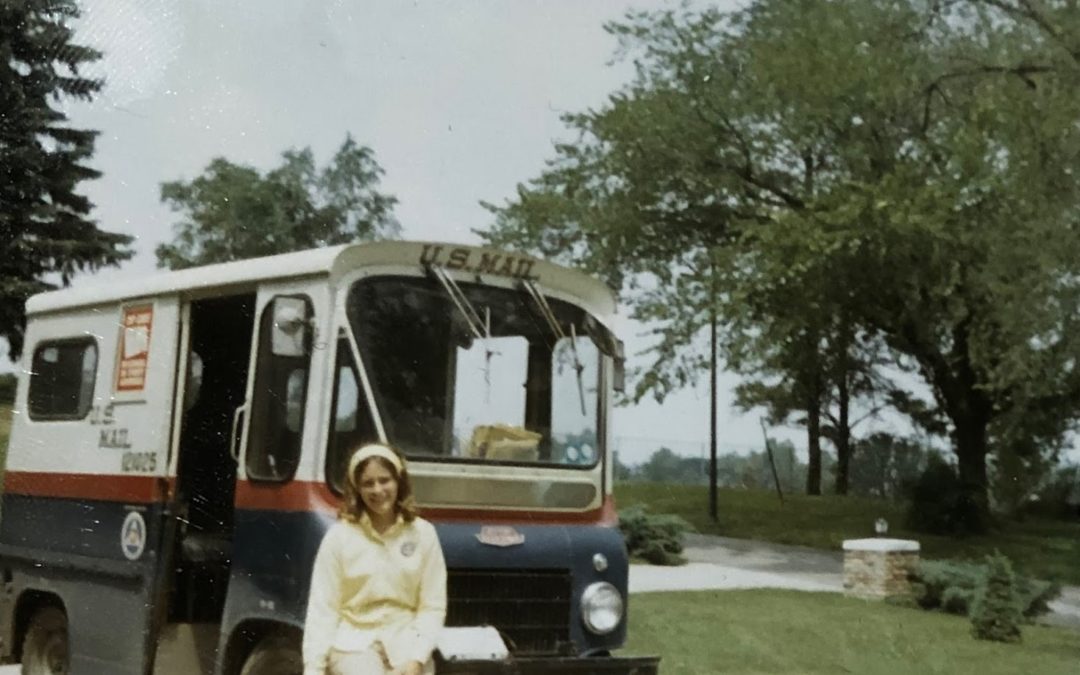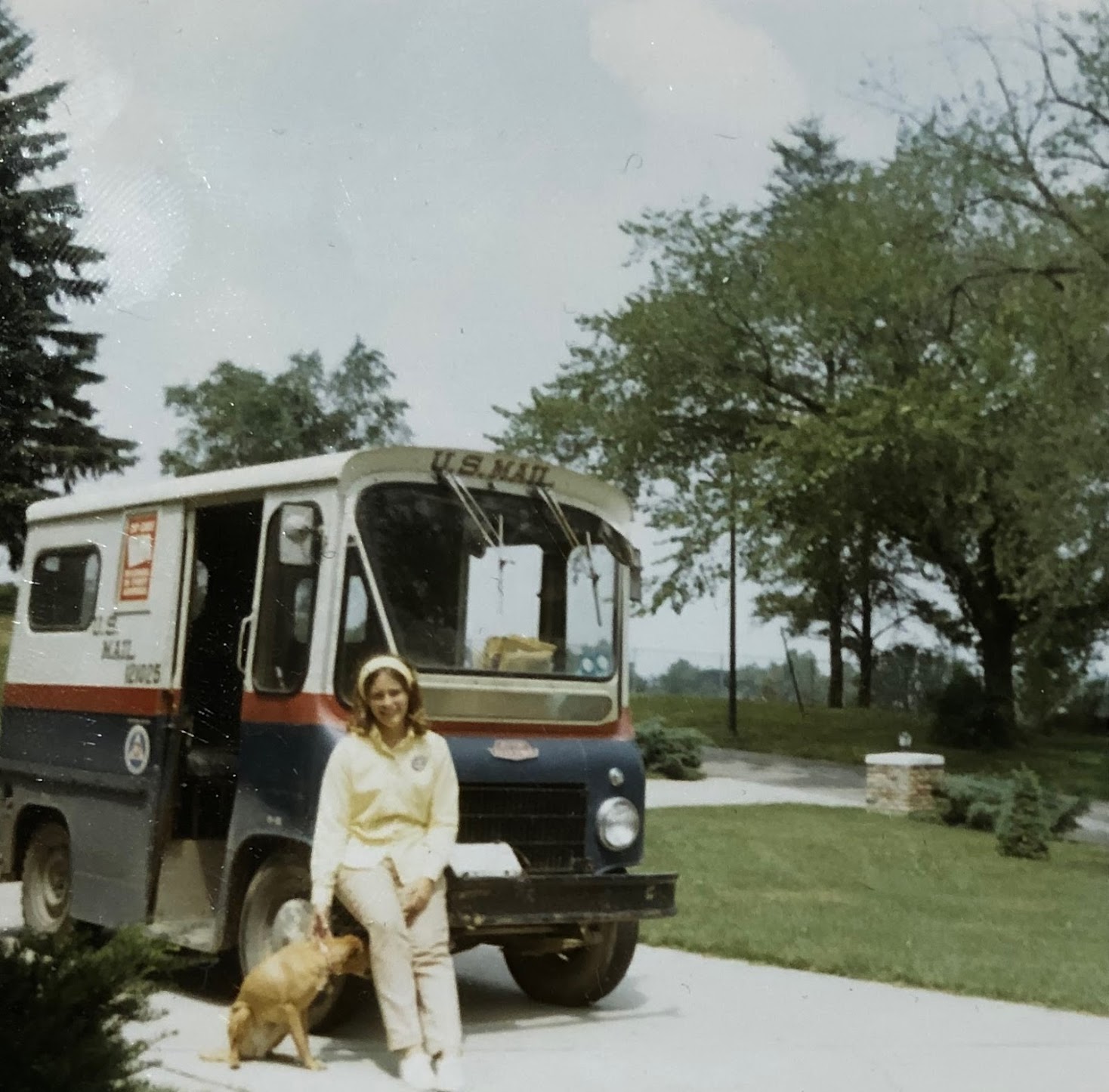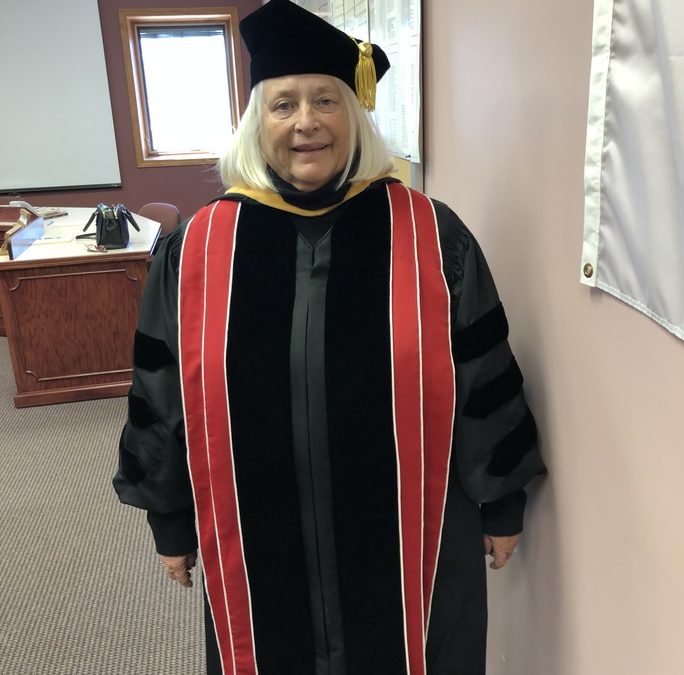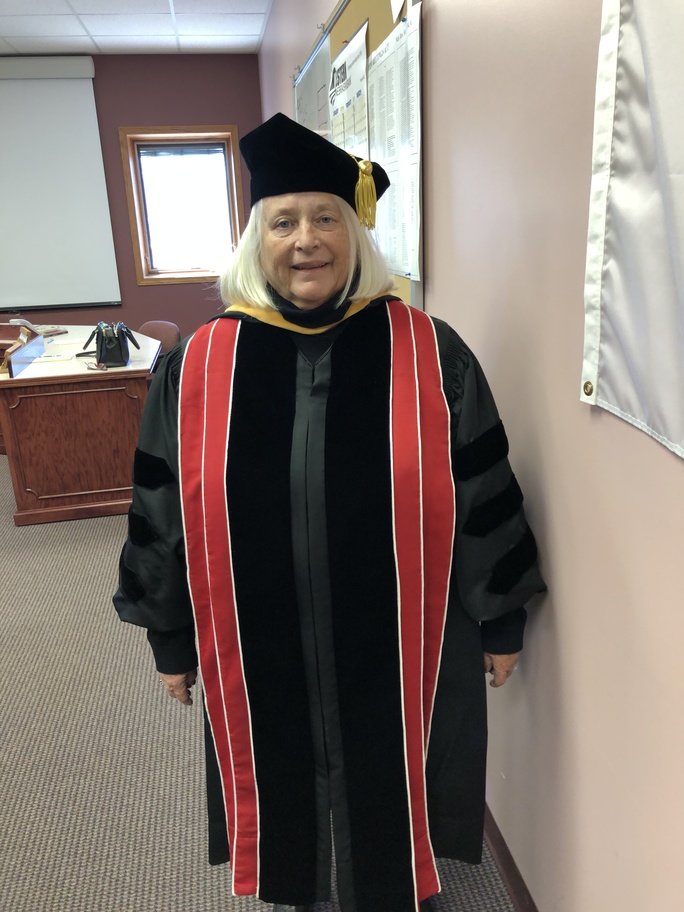
What to Expect in the Unexpected
What to Expect in the Unexpected
When I’m not busy worrying about – well, everything – or responding to messages from the Regent’s Office, I’m finding it difficult to focus on what to communicate to everyone lately. I’m swamped by uncertainty. I suspect I’m not alone in that.
And granted, those first two items do take up a great deal of time.
Concerns about students, faculty, and staff safety have taken top priority. The University of Nebraska has been proactive about ending all classes that meet in-person, moving remaining classes and curricula online, and assessing how best to weather this pandemic together… but physically separate.
The Presidential Transition Strategy Team has been suspended for 60-100 days, and that might extend depending on the state of the pandemic in a few months. It’s hard to plan when you don’t know what to anticipate.
In some ways the Emergency Management Department is very well prepared (that’s a relief) because they’ve been all online since they started their work. But even with the technological benefits of the internet and effective meeting apps like Zoom, people are struggling. I get it.
Adjusting to such a different modus operandi is disorienting for both students and faculty. Seniors who were looking forward to the classic fanfare of graduation are likely to experience something quite different, something more subdued I suspect.
I hope that the disappointment that comes with responding to a crisis and adjusting to a new normal (at least, temporarily) is balanced out in some way by the knowledge that though things are uncertain, we will figure out how to get through this. I take solace in the strength of the connections in our community.
We care about each other. We are doing what we can. We will continue to learn and adjust, daily if need be. If that’s what is needed to keep the people we care about safe, and our children educated, we will make it happen.
Just because we can’t see exactly where we’re going right now, doesn’t mean we can’t bring the light with us wherever we go.
*Barbara’s thoughts as written by Kate based on weekly (fascinating) conversations.



